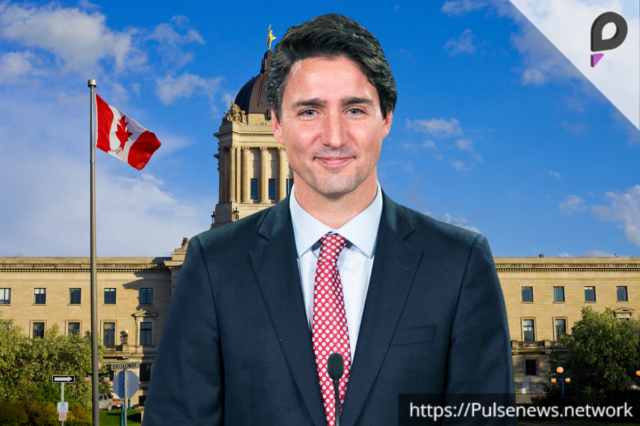Justin Trudeau, the eldest son of former Canadian Prime Minister Pierre Elliott Trudeau, has carved out a political career that mirrors his father’s legacy. Rising to prominence nearly 40 years after his father left office, Trudeau’s leadership has been marked by progressive ideals, global recognition, and significant challenges.
Early Political Career
Trudeau entered Canadian politics in 2008, winning his seat as a Member of Parliament. By 2013, he had taken over as leader of the Liberal Party, positioning himself as a dynamic and modern voice in Canadian politics. His leadership style combined youthful energy with a focus on inclusivity and progressive values.
Becoming Prime Minister
In 2015, Trudeau led the Liberal Party to a decisive victory, unseating then-Prime Minister Stephen Harper and forming a majority government. At just 43 years old, Trudeau became one of Canada’s youngest prime ministers. His campaign focused on rejecting the conservative policies of his predecessor and promised change rooted in equality, climate action, and economic growth.
Leadership on the Global Stage
Trudeau quickly gained international attention as a champion of progressive values. He branded himself as a counterweight to populist leaders like former U.S. President Donald Trump. His stances on immigration, climate change, and social issues earned him admiration worldwide. Trudeau’s popularity helped the Liberals secure victories in subsequent elections in 2019 and 2021, though with reduced mandates.
Controversies and Challenges
Despite his initial rise to prominence, Trudeau’s tenure has been marred by controversies and declining public support. In 2019, old photos surfaced of Trudeau wearing blackface, leading to accusations of racism. His handling of the COVID-19 pandemic, including strict vaccine mandates, sparked protests and criticism from segments of the population.
Economic challenges also tested his leadership. Tensions with the United States over tariffs, alongside the resignation of key ally and Finance Minister Chrystia Freeland, further dented his popularity.
Current Standing
Justin Trudeau remains a polarizing figure in Canadian politics. While he continues to advocate for progressive policies, his approval ratings have steadily declined amid political setbacks and growing dissatisfaction among voters. Trudeau’s ability to navigate these challenges will define the next chapter of his political legacy.
Conclusion
Justin Trudeau’s journey from the son of a Canadian icon to a leader in his own right underscores his resilience and ambition. While his tenure has faced ups and downs, Trudeau’s impact on Canada’s political landscape remains undeniable. His focus on progressive values and global leadership has left a lasting mark, even as he contends with the complexities of modern governance.











